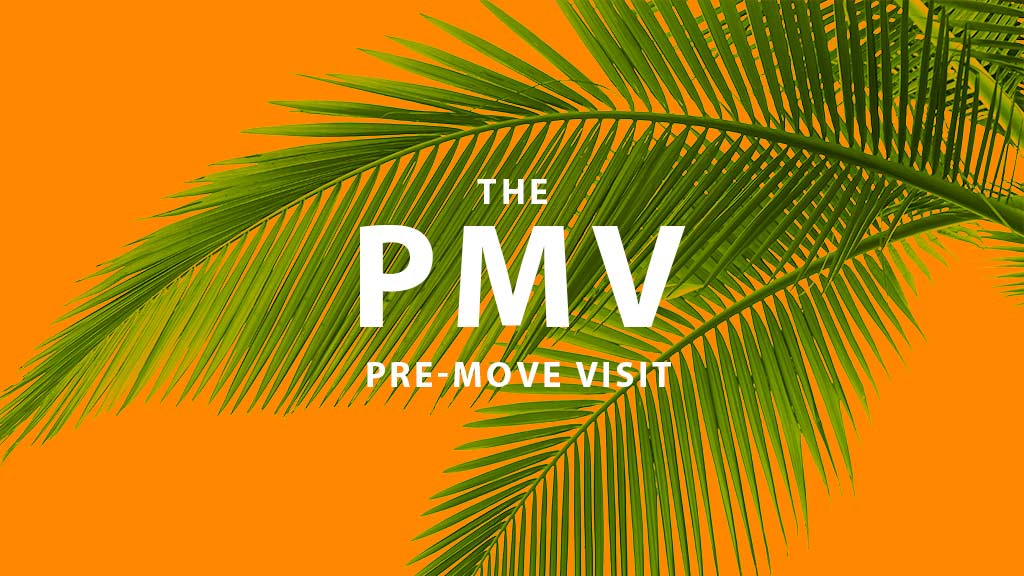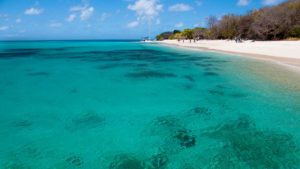After living here for almost a year, I noticed that a lot of the posts are still in regard to what one might expect if they move to the US Virgin Islands. Most responses encourage people to participate in a Pre-move Visit (PMV), and they eliminate individual subjectivity or opinion. I know that I found that very helpful when deciding whether to move here.
While most of what you can expect to find in the VI’s are addressed in posts, and then further addressed during a PMV, there are several situations you will encounter once living here that you cannot possibly experience in a PMV. So, the reason for my post is to address SOME of the issues that a PMV does not and cannot tell you about living in the Virgin Islands. Remember, this is from my experience and each individual will experience something different. Think of this as food for thought! 😉
A personal note: If you are frustrated by what you find during a PMV (such as grocery shopping, prices, driving, social settings, housing, slow paces, etc.), you may be doubly frustrated by what lurks beyond. This is not to say you won’t eventually get used to it, but moving here is worth every consideration, isn’t it?
Government Agencies, Post Office, Police Departments, Business Licensing, etc.: When you are trying to obtain a PO box, auto registration, driver’s licenses, business licenses, etc., you may find that these agencies do not have clear directions, instructions, or information for you. In one case, a post office in C’sted had different rules for shipping than a post office in Gallows Bay. These agencies are supposed to have set rules and regulations, right? Here, they can sometimes be loosely enforced, and it often depends on who the clerk is at the time you arrive. You might get a different story from a different employee. If you can find the police department where you register your automobile (there are no signs to direct you in STX), you may have to “pull” information from a clerk in order to know what the next step is, whether you are getting a license or shipping a vehicle. Communication is not only poor in some agencies, it is confusing. Ask plenty of questions as written procedures are often vague and unclear. I can attest to this when I was shuffled from one government agency to another because written directions were incorrect. (And I doubt they’ll correct them.)
I don’t care to address the government corruption except to say that, because there is a smaller population here and the US territories are so far removed from the government on the mainland, it is easier for the government to be less than, oh, lawful in their dealings. (In my experience, this goes for almost any US territory, e.g. Guam.) Also, because the population is small, you may more easily see and hear about the corruption than you would in a city in the states. It’s sort of a “hot topic,” amongst people in the VI. If you are a politically minded person, this may bother you. Hard to say. It’s just something that, again, you may not be fully apprised of during a PMV.
Other Businesses, Insurance companies, banks, apartment rental agencies, WAPA, Innovative, etc: You have probably heard that you may wait quite a long time in lines before conducting business, or wait longer than you are used to for paperwork to be issued. However, what you may not realize is that you cannot get an insurance quote from most insurance companies for your vehicle until said vehicle is on island and registered; you cannot open an account at most banks online; you must be employed on the island (or have a hefty bank account) in order to rent a fairly decent place. As for WAPA and Innovative, I’m sure they’re not much more or less of a hassle than what you may experience in the states, however, because we lose power here more often (depending on the season, sometimes several times a day), the frustration lies in getting power back on so that we can enjoy our daily conveniences. I’ve gone 18 days without my phone or DSL and have had to fight Innovative to get them to understand it was their problem, not mine. These inconveniences may not be true in all cases, but just be prepared. (BTW, always have cash with you in the event the power is down and ATM’s or credit card machines are inoperable.)
Another aspect of frustration that you may or may not find during a PMV is the lack of technical knowledge in the Virgin Islands. If you are a highly technical person, you might find your dealings with a non-technical island almost intolerable.
Employees can be another source of frustration, and forgive me for sounding like a broken record as I’ve discussed this issue before, but good help is hard to find. If you find yourself in a management position, or are a very conscientious worker, you may find working with employees here more difficult. This is from my experience only, so please take it with a grain of salt, but let’s face it, there is a very small pool of employees from which to choose here. It’s very difficult to fire inadequate employees, and even more difficult to find people to replace them, so we often put up with shenanigans we might not put up with in the states. That’s all I’m saying!
This is certainly not an exhaustive list of things you may want to investigate, but my only intent was to give you something more to think about than what you’ll find during a PMV. Oh, not all PMV’s are created equally…some of you have delved into the hard-hitting questions about registering automobiles, getting bank accounts, and so on. For those who have not, try to think of everything you’re accustomed to in the states; the conveniences, the technology, and the simplicity of those things that may not be in your day-to-day repertoire. Think of the types of businesses or agencies you will likely deal with in order to set up a life here, and start asking the hard-hitting questions. (I would have never thought of those things.) And remember, just because the letters “US” precedes “Virgin Islands,” doesn’t mean it works the same as the US.



